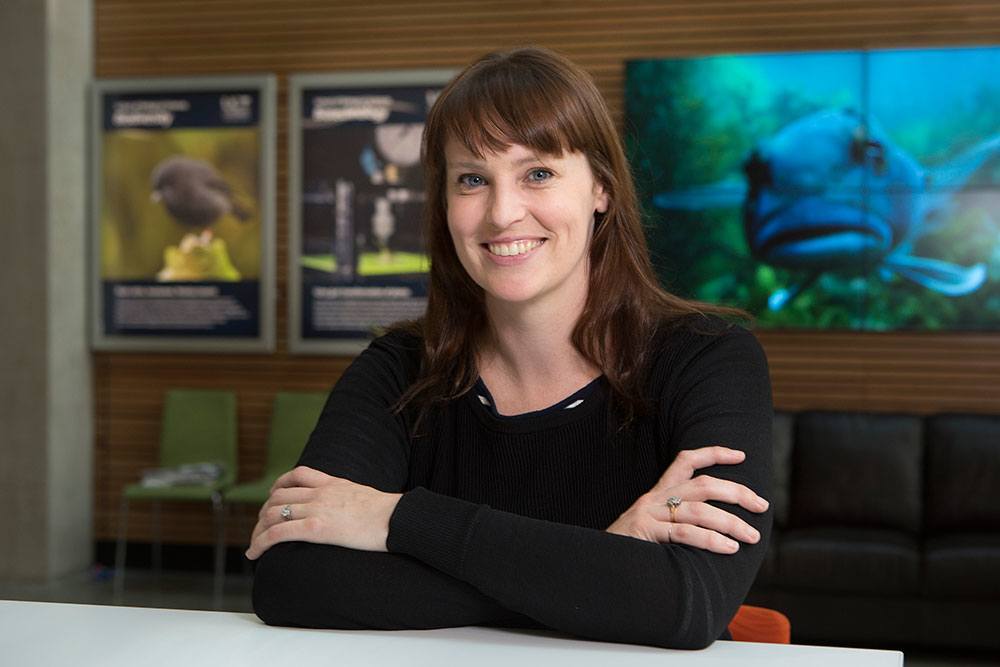Biological Sciences
Introduction
Biology means the study of living things. Biologists investigate animals, plants, and microbes in many different ways, and on a huge range of scales from molecules and cells to individual organisms, populations, and ecosystems.
The Biological Sciences programme is broad and flexible, allowing students to study multiple aspects of the biological sciences or take on an interdisciplinary approach. These approaches fit well with Te Kura Pūtaiao Koiora | School of Biological Sciences philosophy of embracing modern trends and preparing students well for future science careers.
During the past few decades, the study of biology has undergone rapid change and has had a significant impact on the way we live. We are now able to produce antibiotics and vaccines, grow disease-resistant crops, transplant organs, and manipulate genes. Biologists today are actively researching solutions to vital concerns such as increasing world food supply, improving and protecting our environment, and conquering disease.
Many biological sciences jobs now require collaboration across multiple fields of knowledge. For example climate change requires ecologists, microbiologists, physiologists, geographers, data modellers and many others to work together to understand complex interrelated fields. Being able to work in a team and have a broad science background is important to advance our understanding of these challenges we face.










